Portable PLC Troubleshooting Learning System Siemens S7-1200
Inside this attractive, durable carrying case, learners will find a world-class learning system with components like the KTP 600 Human Machine Interface (HMI) panel, which allows user input and displays output data. Combined with Amatrol’s thorough curriculum, learners will gain both theoretical and hands-on knowledge that can start them on a path towards a rewarding career.

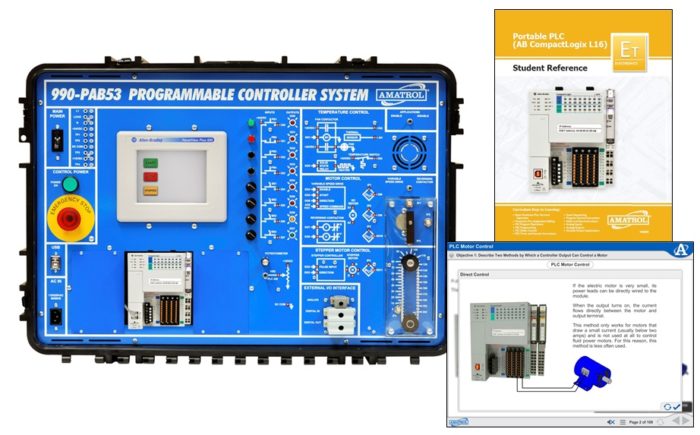
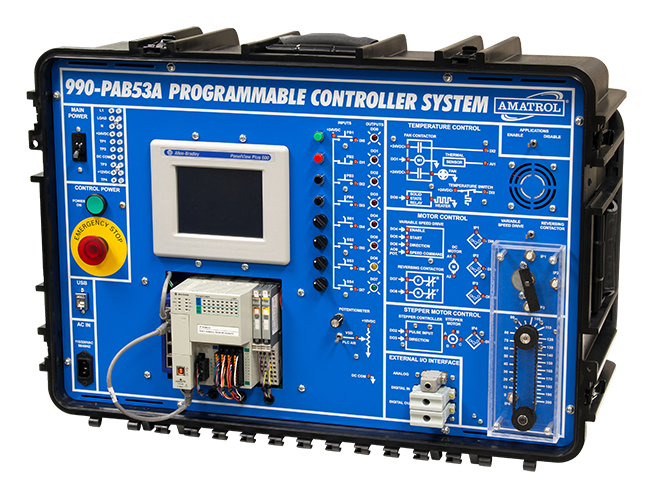
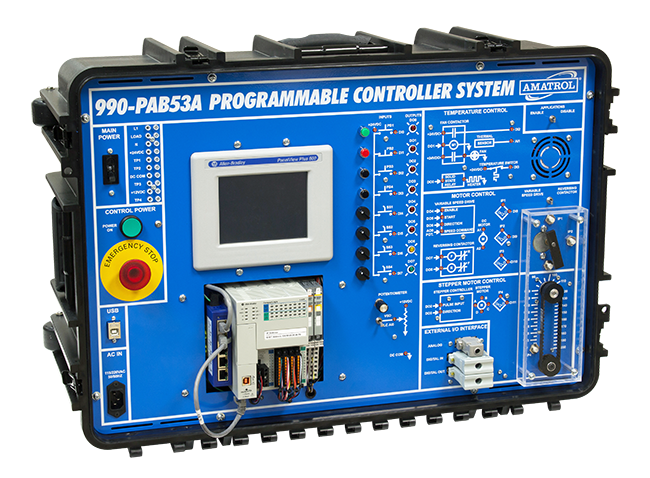
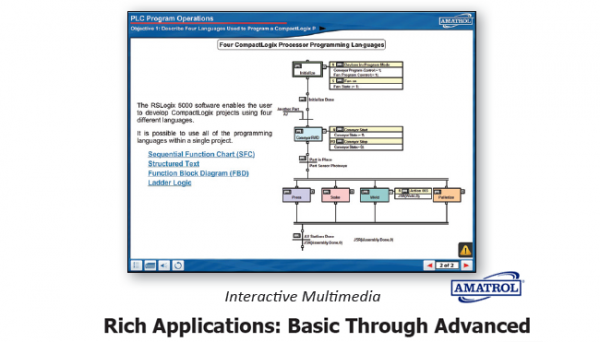
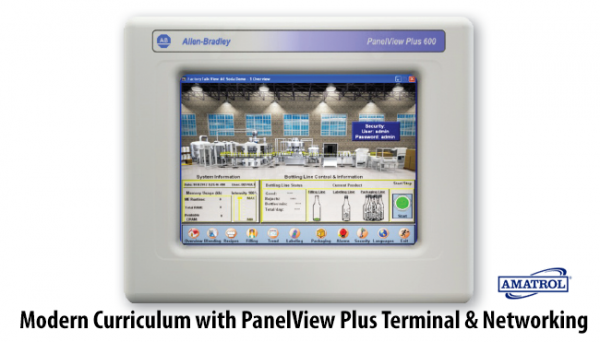
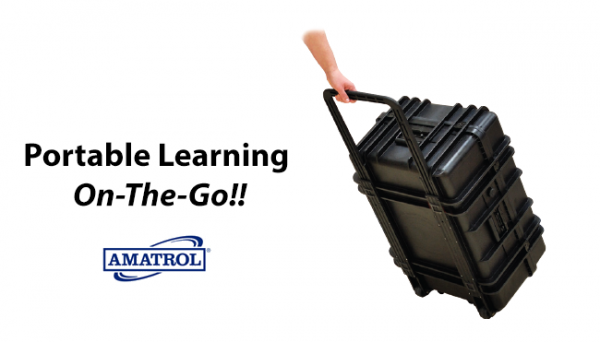
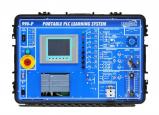
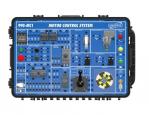
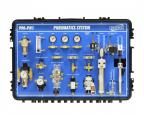
 Our learning programs develop job-ready skills that have been proven time and again. Take a look at how we can help you be successful!
Our learning programs develop job-ready skills that have been proven time and again. Take a look at how we can help you be successful!


